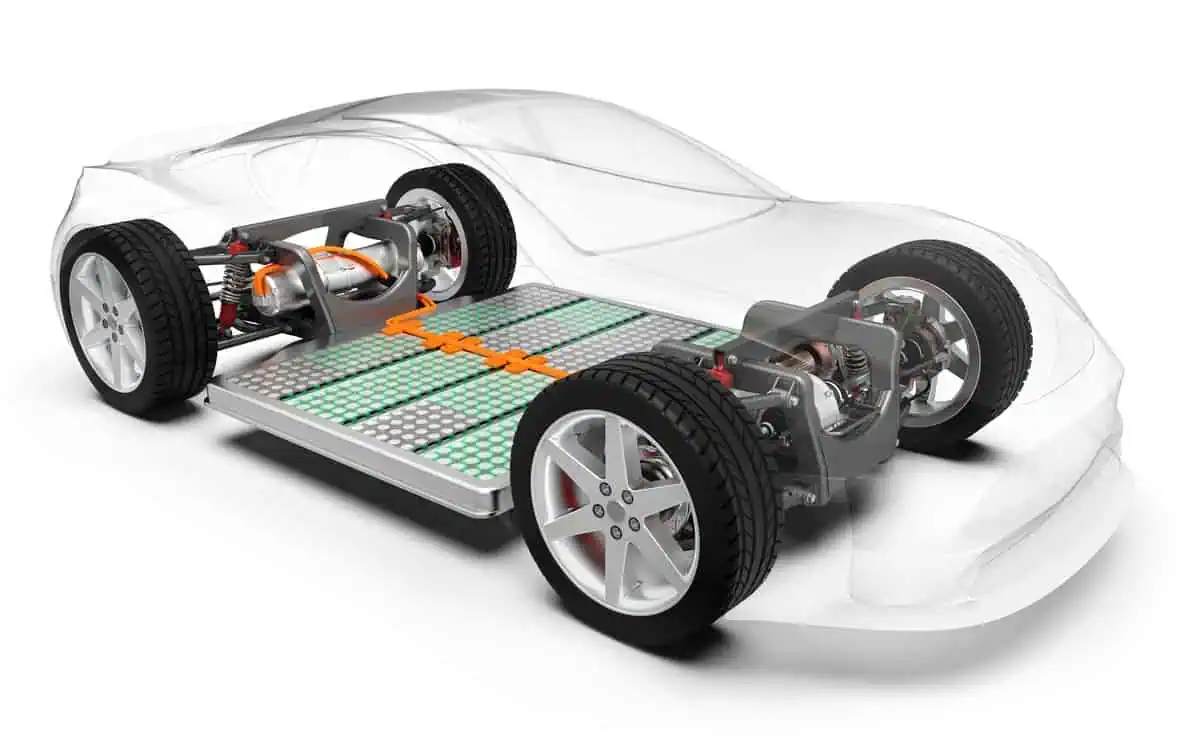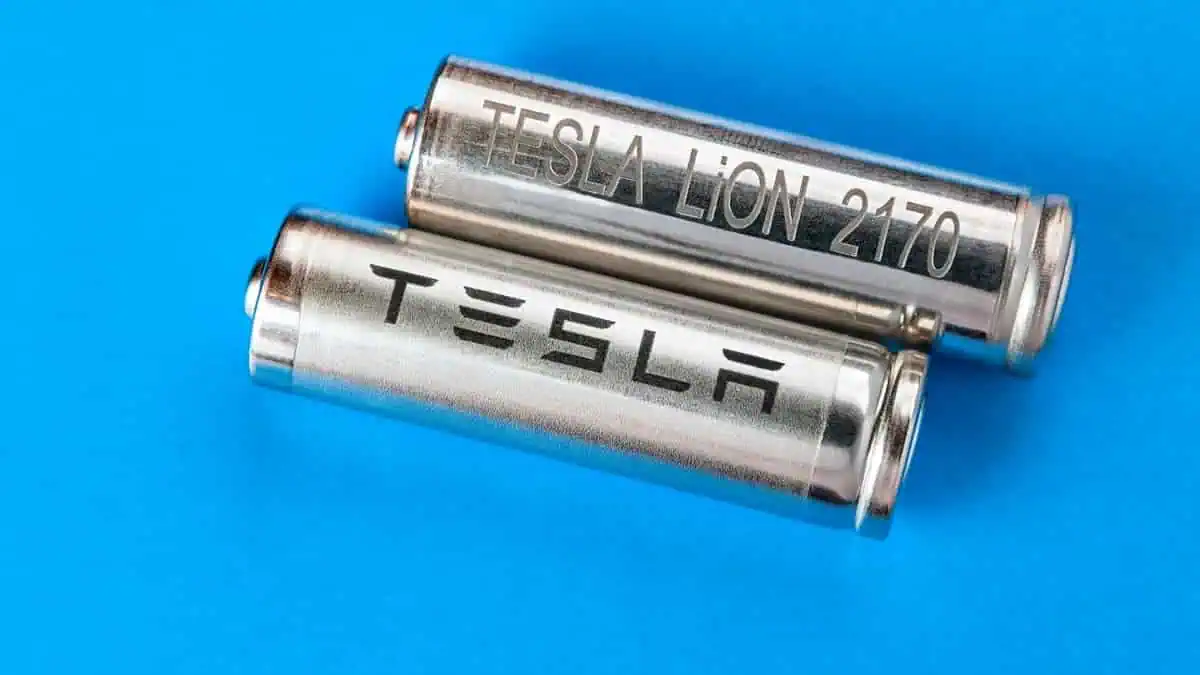The cost of materials used in electric vehicle batteries is expected to drop due to oversupply.
Goldman Sachs stated that the price of materials used in making electric vehicle batteries is expected to drop in the coming years.
According to Bloomberg via Money Control, the prices specifically for cobalt, lithium, and nickel are expected to drop over the next two years after investors wanting exposure to the green-energy transition piled in too quickly.
“Investors are fully aware that battery metals will play a crucial role in the 21st century global economy,” Goldman analysts Nicholas Snowdon and Aditi Rai noted last Sunday. “Yet despite this exponential demand profile, we see the battery metals bull market as over for now,”
In line with many automakers’ efforts in acceleration, many investors are now turning into the EV battery market, which may lead to a potential oversupply.
The analysts said that “There’s been a surge in investor capital into supply investment tied to the long-term EV demand story, essentially trading a spot driven commodity as a forward-looking equity,”
They added, “That fundamental mispricing has, in turn, generated an outsized supply response well ahead of the demand trend.”
Forecasts stated that lithium, with an average price of $54,000, may see a decline of $16,000 in 2023, according to Wall Street Bank.
The Goldman analysts also noted that cobalt might see a $59,500 a ton decrease starting next year from its current average price of $80,000. The nickel price is expected to increase to over 20% for the rest of the year before it declines.
Accordingly, the prices are expected to surge again in 2024.
Currently, many automakers are expressing their concerns over material supply shortages. Specifically, Tesla’s CEO Elon Musk also expressed his concern. He stated earlier in April that the ‘Price in lithium has gone to insane levels!’
In a personal view, an abundant supply of materials will let automakers boost the production of EVs and potentially accelerate the transition to an electrified future. A decline in prices may lead to a potentially lower cost for EVs.






